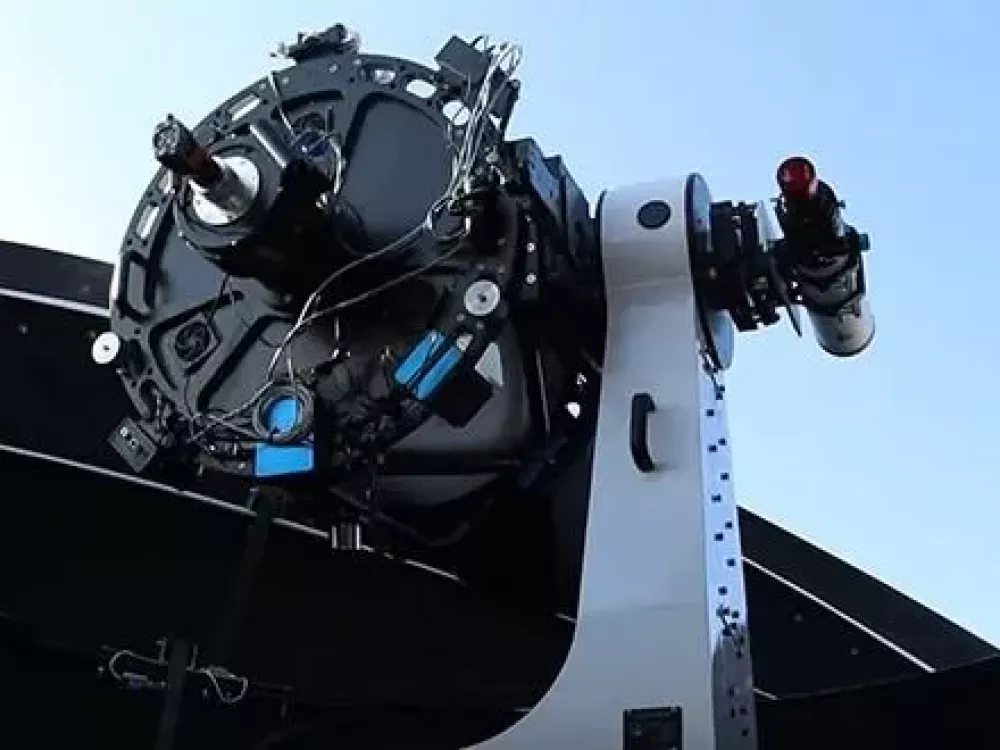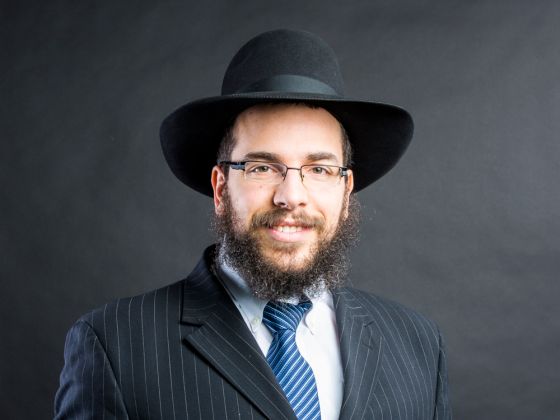
Breaking the Mould – From Rabbinical Studies in South Africa to Postdoctoral Fellow at Tel Aviv University’s School of Mechanical Engineering.
After completing religious High School, and four years of post-secondary rabbinical training, deciding to attend Concordia University, in Montreal, in Engineering was a real departure for Sholom Shuchat.
Sholom, a Montreal-born Chabad Hasid received his Rabbinical ordination in Pretoria, South Africa, in 2011. His father and two older brothers are rabbis, however after graduating from his rabbinical degree, he chose to enter the family business, “Never Wash A Dish”, which sells party supplies. “I didn’t find business fulfilling,” he says, “I wanted to study.”
Although his high school studies were more of a religious nature and did not include secular subjects, Sholom decided to apply to the Mechanical Engineering program at Concordia University. “I could not afford to spend time taking makeup classes,” Sholom says, so he taught himself over the summer secondary- and CEGEP-level math online with Khan Academy and by reading pre-calculus textbooks, before starting physics and calculus in his first university semester. “My previous religious studies prepared me for intense hours of study and deep analytical thinking,” he says.
“I like engineering because it’s applied. It’s not theoretical mathematics — we solve real life problems,” he says. In 2017, Sholom graduated first in his class with a grade point average of 4.26/4.30, obtaining his Bachelor’s Degree in Mechanical Engineering.
“Originally, I planned on entering the aerospace industry right after finishing my bachelor’s and I had a very successful internship at CAE.” However, in his second year Sholom discovered that he suffers from severe male infertility. During his infertility journey, Sholom noticed deficiencies in the IVF (in-vitro fertilization) laboratories. “They are literally searching for individual sperm cells by eye under a microscope. The first three clinics gave up after only ten minutes of searching, while the fourth found a few cells after hours of searching. I now have 3 beautiful children thank G-d. I realized this was an engineering challenge more than a medical one,” says Sholom. Sholom knew that solving the engineering challenges in fertility treatments would be his new calling.
Sholom began with a summer internship at the Technion in the Micro and Nano Fluidics Laboratory headed by Prof. Gilad Yossifon. During his four months there, he started a collaboration with Rambam hospital and discovered a unique way to test the viability of immotile (non-moving) sperm using the electrical properties of the tail and its response to an electric field. This discovery energized him and upon graduation, he made Aliya and returned to the Technion to continue his research, having been accepted to the direct PhD track.
Sholom’s PhD research, under the joint supervision of Prof. Yossifon and Prof. Huliel (BGU), focused on using microfluidics to improve in vitro spermatogenesis, developing immature germ cells that are precursors to sperm into sperm in the lab. This has application for the preservation of fertility for pre-pubertal cancer patients. He also continued his research on the electrical effects in sperm that he had discovered during his internship.
Towards the end of his PhD, Sholom’s supervisor Gilad was recruited to Tel-Aviv University (TAU), and upon completing his PhD, Sholom followed. Sholom received an entrepreneurial fellowship for 2023 from the Ministry of Science and Technology to work on developing a solution for the initial issue that he set out to solve, automating the search for rare sperm. 1% of males are diagnosed as azoospermic (no sperm in the ejaculate) and when no sperm is found in the ejaculate the next step is generally invasive surgery to search for testicular sperm. However, research has shown that in roughly half of patients that are referred to surgery, an extensive hours-long search will find sperm. “I personally was referred by three clinics to testicular surgery that I didn’t need. Thank G-d, the fourth clinic persevered and I had children without surgery. I want to make sure no one goes though that!”, Sholom says. Even if surgery is warranted, the surgical samples are even tougher to work with as they contain millions of background cells and even when clinics have the resources for an extensive search, the embryologist is human and can miss something after hours searching. There is therefore a strong need for an automated solution that can search for sperm in an efficient way.
After consulting with doctors and experts in academia and industry, Sholom and Gilad decided that the best approach is to use AI image analysis combined with microfluidics. “If we can teach a computer to differentiate between a car and a pedestrian and between one person’s retina and the next person’s, there is no reason that we cannot teach it to recognize a sperm cell,” says Sholom. Microfluidics will allow for easy scanning of the entire sample in an automated way, while the AI based detection allows for sorting of the cells without risk of damage to the cells. Sholom has partnered with a research lab at TAU that specializes in AI to advance the project.
Dr. Sholom Shuchat and Prof. Gilad Yossifon are working to develop a working prototype that can be tested and implemented in clinics, with the ultimate goal of bringing it to market. “My dream is to help increase the chances of having a child for patients with extremely low sperm counts by automating the search for rare sperm,” Sholom says.
Related posts


Tel Aviv University Shatters Limits with Self-Repairing Glass

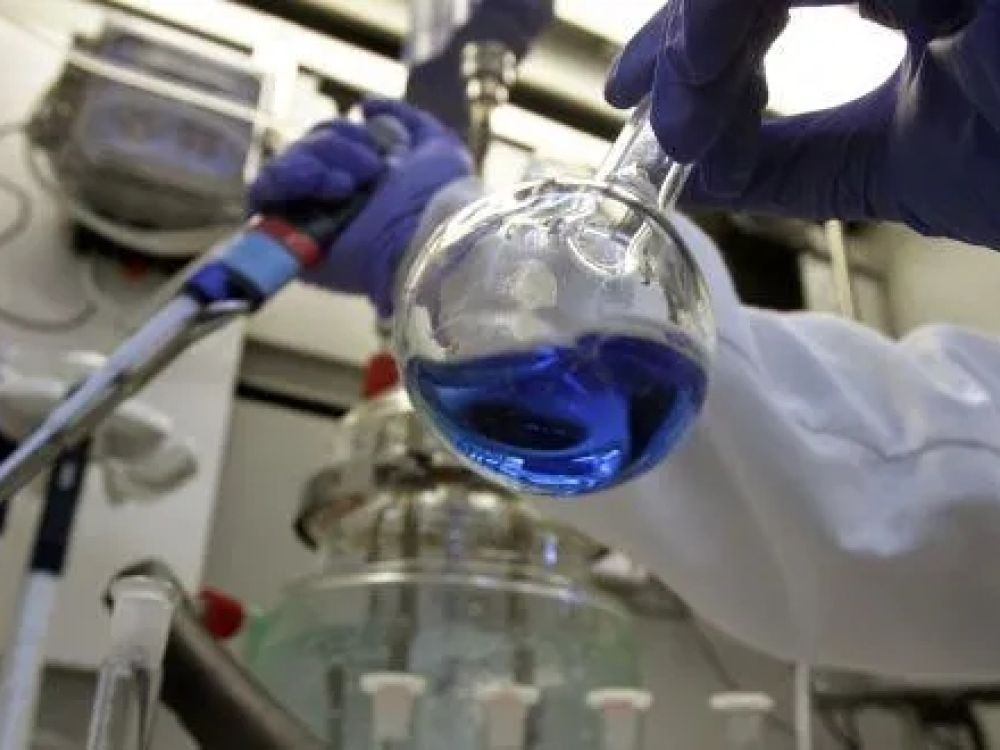
Elevate Your Future with TAU’s Pioneering MSc Programs in Engineering
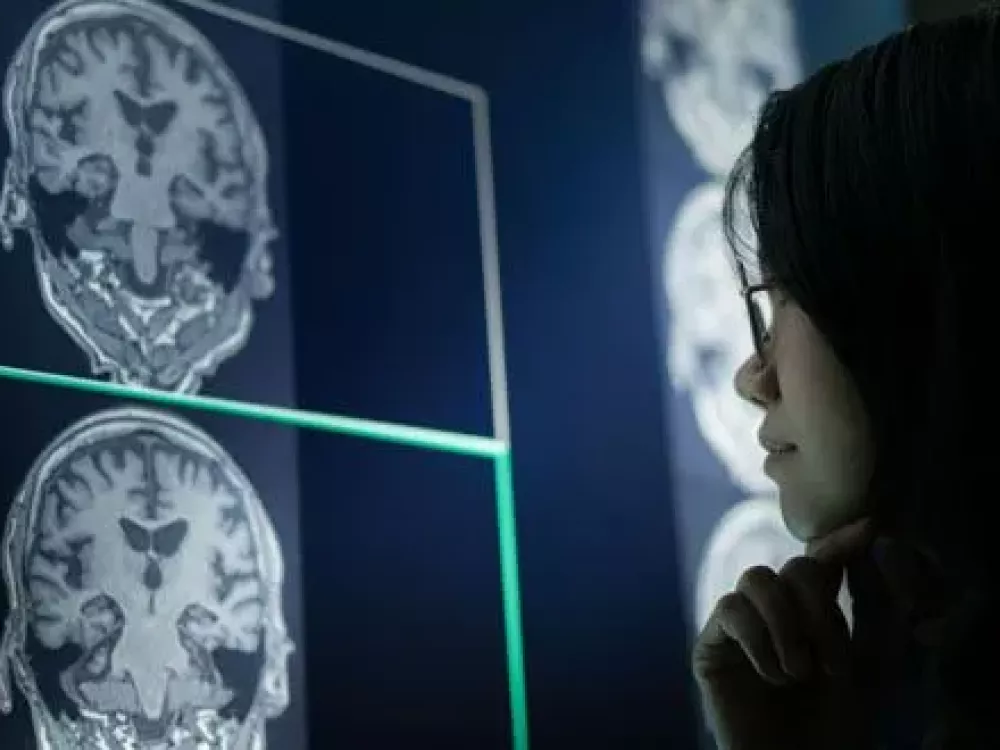
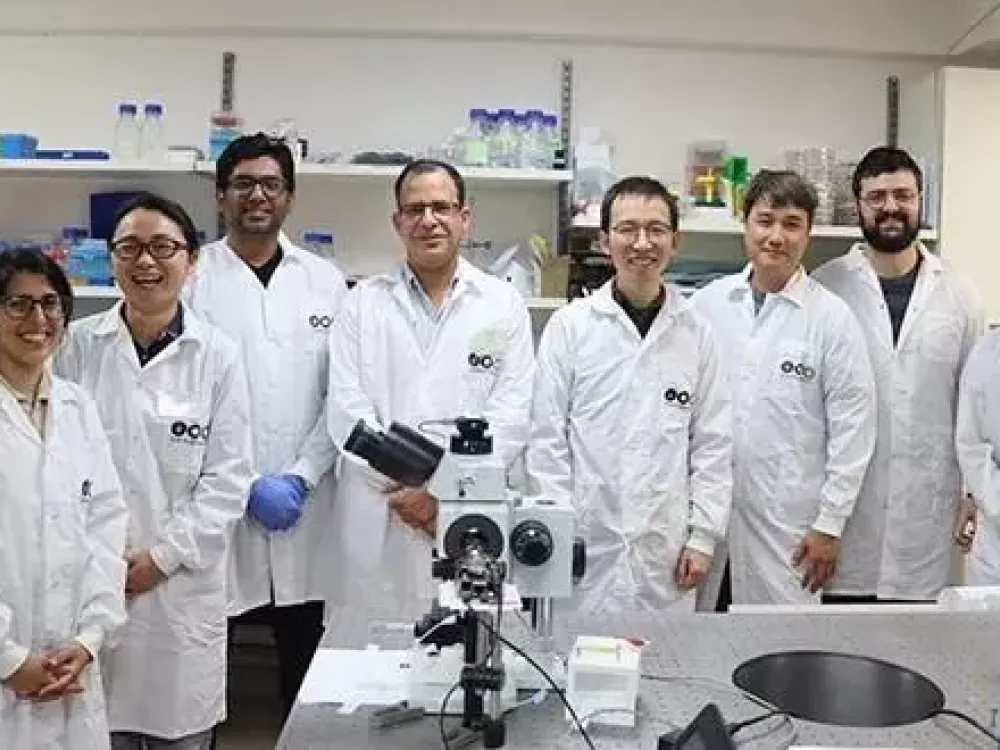
Tiny Robot Navigates in Physiological Environment and Captures Targeted Damaged Cells
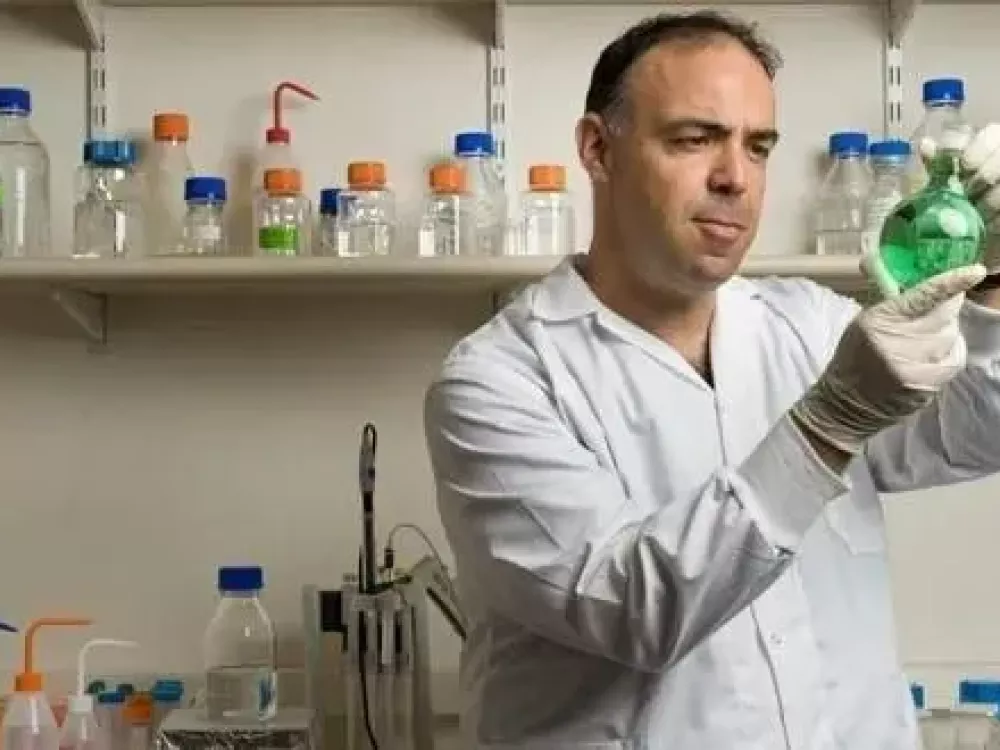
Prof. Dan Peer Appointed as Member of the Prestigious American National Academy of Engineering
